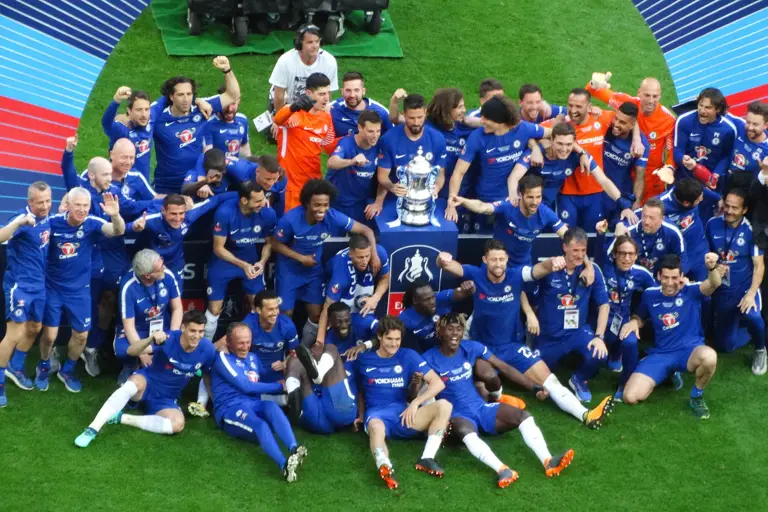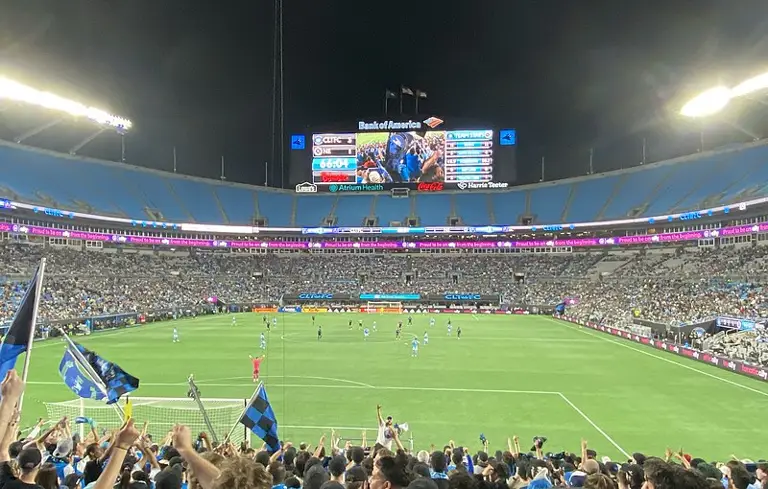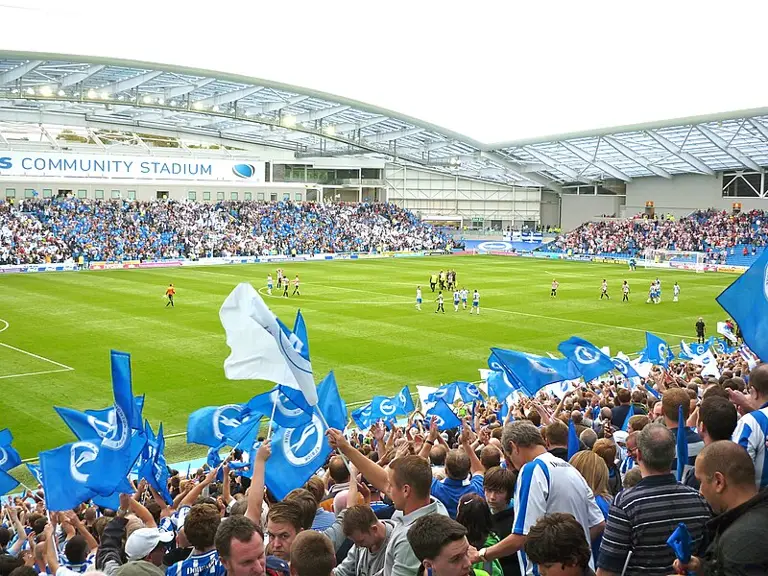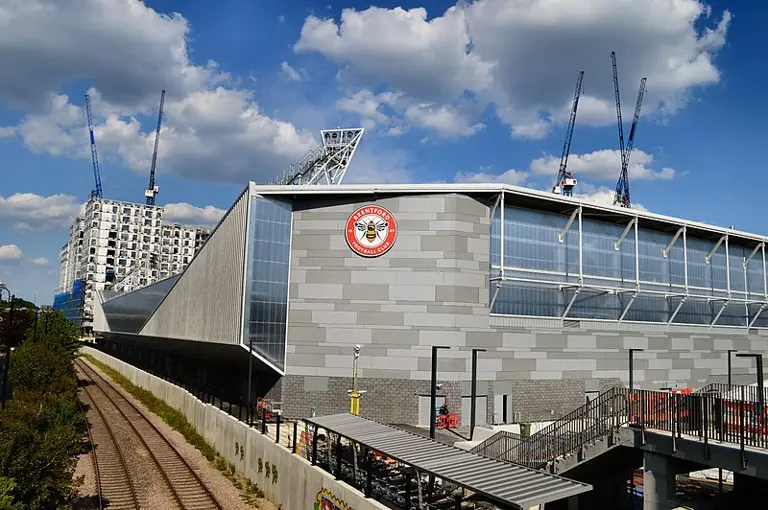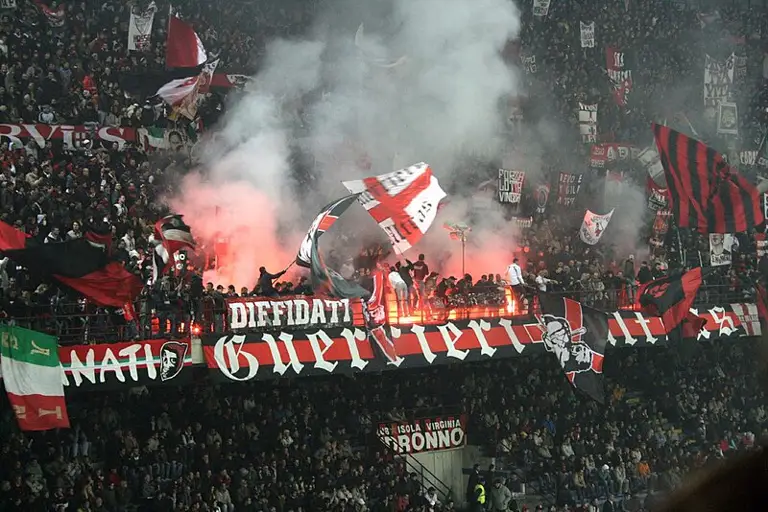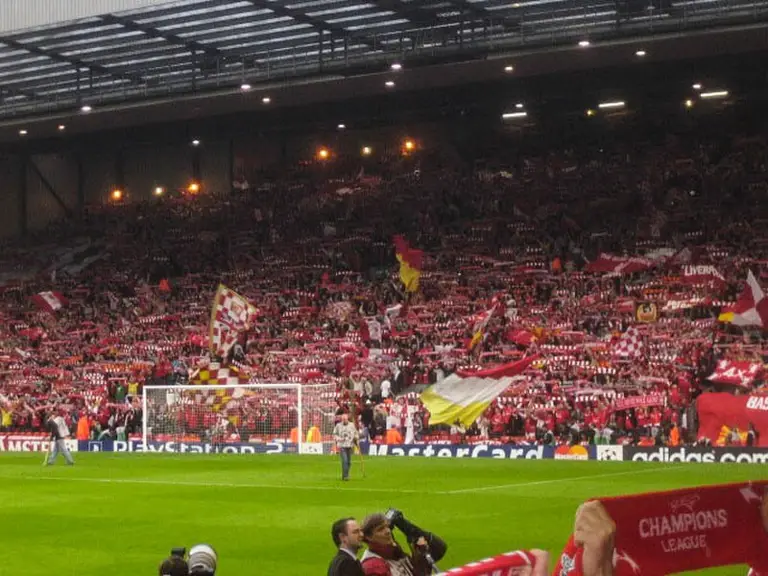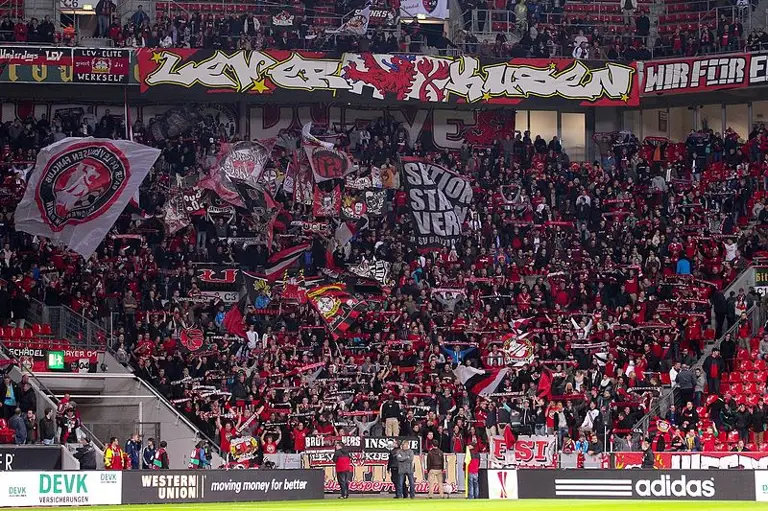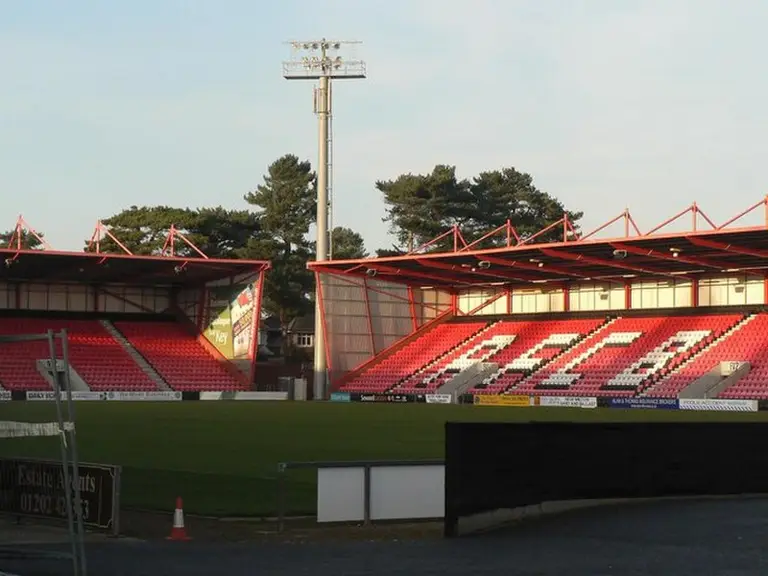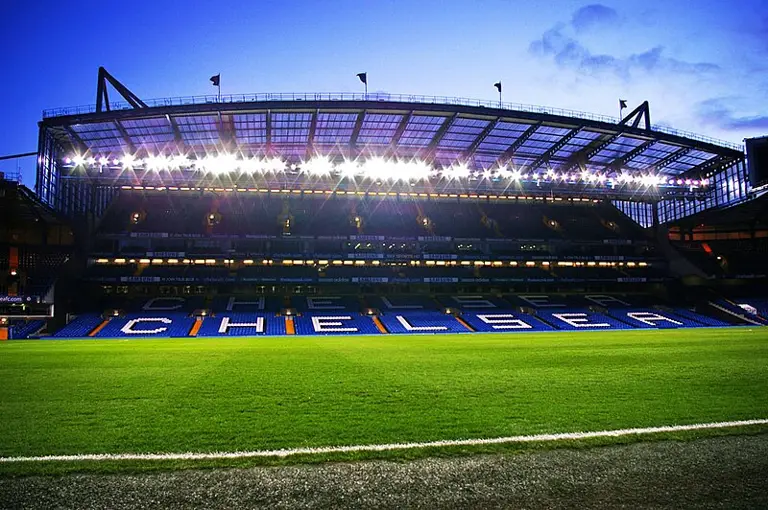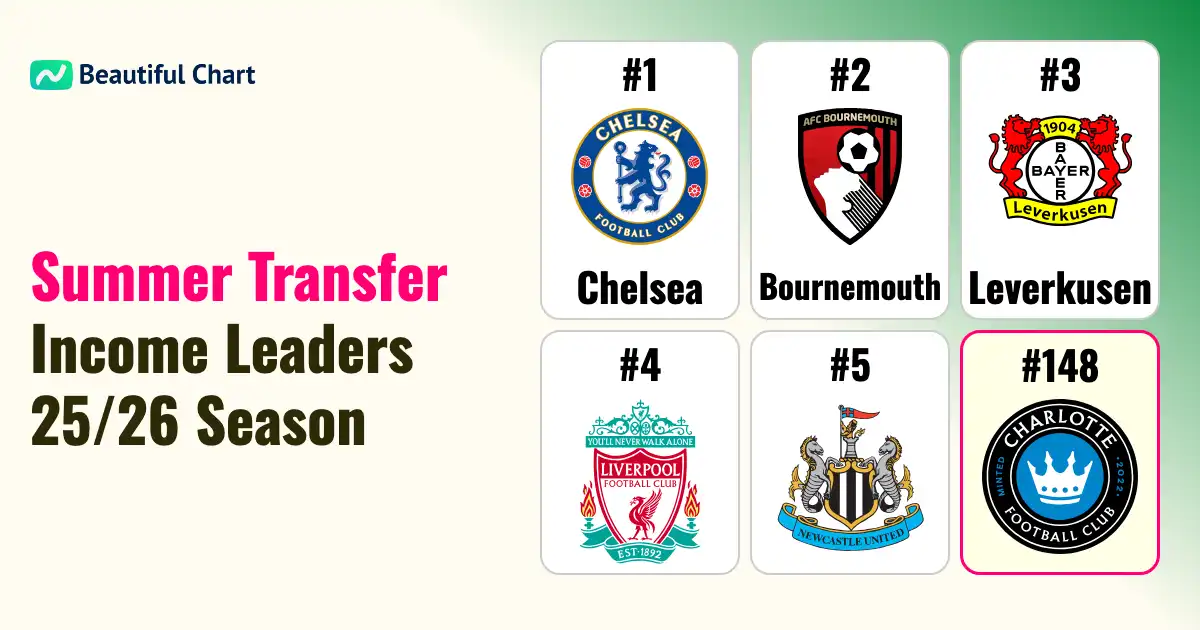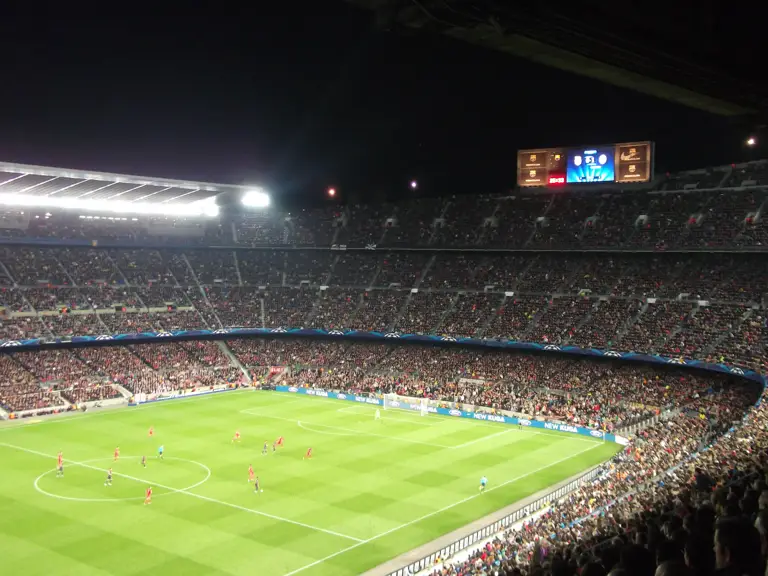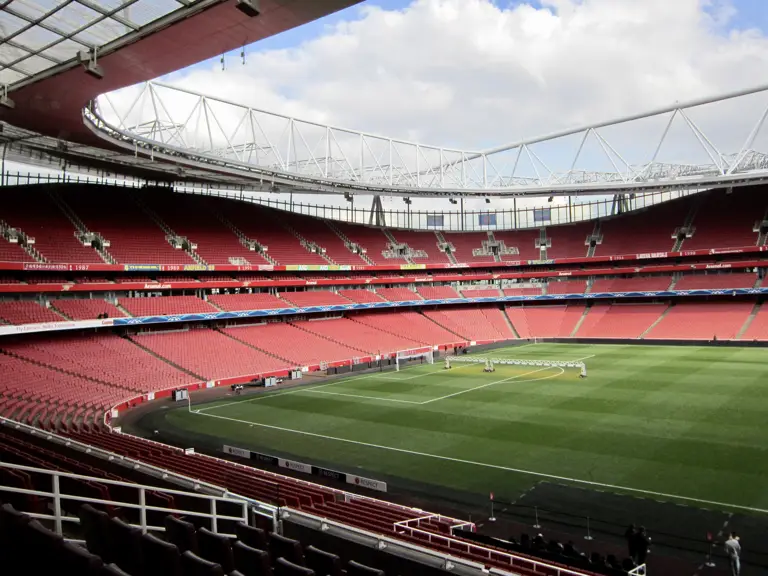
Chelsea Cashes In BIG TIME! Who Really Won the 25/26 Summer Transfer Window Money Game?
- ASUMUP
- Sports / Soccer
- September 22, 2025
The summer transfer window is a whirlwind of dreams, a time when clubs splash cash to build their perfect squad. But on the other side of that coin is an equally crucial, and often more profitable, game: the art of the sale. In modern football, where Financial Fair Play regulations loom large, a club's ability to generate significant income from player departures can be the difference between success and failure. It's a high-stakes chess match of negotiation, player development, and market timing.
This 25/26 summer has been no exception, with staggering sums changing hands for football's biggest talents. The Premier League, with its immense broadcasting deals, once again flexes its financial muscle, dominating the list of top earners. Let's dive deep into the clubs that masterfully played the market, balanced their books, and filled their coffers, revealing who truly came out on top in the financial battle of the summer.
Which Club Got Rich This Summer?
- #1 Chelsea - €315.8M
- #2 Bournemouth - €235.9M
- #3 Bayer Leverkusen - €229.5M
- #4 Liverpool - €219.5M
- #5 Newcastle United - €176M
- #6 AC Milan - €161.8M
- #7 Brentford - €155.3M
- #8 RB Leipzig - €151.5M
- #9 Brighton & Hove Albion - €138.7M
- #10 Wolverhampton Wanderers - €137.5M
- #148 Charlotte FC - €13.8M
#148 Charlotte FC - €13.8M
While not cracking the top echelons, Charlotte FC's €13.8M in transfer income is a significant figure that speaks volumes about the growth of Major League Soccer. This sum demonstrates that MLS is no longer just a retirement league but a burgeoning hub for developing and exporting talent to the global stage. For a relatively new club like Charlotte FC, this kind of income is crucial for building infrastructure, investing in the academy, and strengthening the first team for future campaigns.
This successful sale is a testament to the club's scouting and development strategy, proving they can identify talent and nurture it to a level that attracts European interest. It's a financial win and a major boost to the club's reputation on the international transfer market. As more MLS teams follow this model, the league's overall quality and influence in world football will only continue to rise, making it a more attractive destination for ambitious young players.
#10 Wolverhampton Wanderers - €137.5M
Wolverhampton Wanderers round out the top ten with a crucial €137.5M raised from player sales, providing the club with much-needed financial breathing room. The key departures were Brazilian forward Matheus Cunha for €74.2M and dynamic full-back Rayan Aït-Nouri for €36.8M. These sales were vital for Wolves to align with financial regulations and generate funds for their own transfer targets.
After a period of financial uncertainty, this income gives manager Gary O'Neil a solid foundation to rebuild and shape the squad in his image. It allows Wolves to transition from a period of austerity to one of strategic investment, ensuring they can continue to compete effectively in the world's toughest league. This was a summer of necessary and pragmatic business at Molineux.
#9 Brighton & Hove Albion - €138.7M
Brighton & Hove Albion's reputation as one of the smartest clubs in world football is further cemented by their €138.7M in summer earnings. The sales of João Pedro for a hefty €63.7M and winger Simon Adingra for €24.4M are just the latest examples of their incredible transfer strategy. Their global scouting network consistently unearths gems that they transform into top-flight performers.
This income allows Brighton to operate self-sustainably while playing an attractive brand of football and competing in the top half of the Premier League. The funds will be reinvested into the club at all levels, from the first team to their state-of-the-art academy. Brighton's model is the envy of many, proving that a clear vision and intelligent recruitment can trump brute financial force.
#8 RB Leipzig - €151.5M
As a key pillar of the Red Bull football network, RB Leipzig once again functioned as an elite talent factory, generating €151.5M in sales. The high-profile departures of striker Benjamin Sesko for €76.5M and creative force Xavi Simons for €65M highlight their role in the global game. They provide a perfect platform for young stars to shine before making their next big move.
This business model is deeply ingrained in the club's DNA, and the revenue is immediately funneled back into scouting and acquiring the next generation of world-class prospects. While consistently losing top players presents a challenge, Leipzig's system is so efficient that they rarely miss a beat. They have mastered the art of reloading and remaining a formidable force in both the Bundesliga and Europe.
#7 Brentford - €155.3M
Brentford's famous data-driven strategy continues to pay massive dividends, as shown by their €155.3M in summer sales. The club's model was perfectly executed with the profitable departures of Bryan Mbeumo (€75M) and Yoane Wissa (€57.7M), players they acquired for modest fees. This is the Brentford way: unearth undervalued assets, polish them into Premier League stars, and sell for a huge profit.
This revenue is the lifeblood of the club, allowing them to continue their 'Moneyball' approach and compete against clubs with far greater resources. The funds will be meticulously reinvested into their next wave of signings, ensuring the team remains competitive and the cycle of success continues. Brentford are not just surviving in the Premier League; they are thriving with their unique and intelligent philosophy.
#6 AC Milan - €161.8M
Representing Serie A, AC Milan showcased their sharp business sense by accumulating €161.8M in transfer fees. The sales of key midfielders Tijjani Reijnders (€55M) and Malick Thiaw (€35M) were pivotal to this financial success. For Italian clubs operating in a more constrained financial environment, generating such revenue is essential for staying competitive.
These deals are a classic example of the Rossoneri's strategy: identify talent, develop it within their system, and sell at a profit to fund the next cycle of recruitment. This income will be crucial for Milan as they look to challenge for the Scudetto and make a deeper run in European competitions. It’s a smart, sustainable model that keeps the Italian giants in the conversation at the top level.
#5 Newcastle United - €176M
Newcastle United made a massive statement in the transfer market, not with a purchase, but with the €145M sale of star striker Alexander Isak, which formed the bulk of their €176M income. This move, while painful for the Toon Army, is a shrewd piece of business driven by the stringent Profit and Sustainability Rules (PSR). Sacrificing one major asset allows the club to unlock significant funds for reinvestment across multiple positions.
The Isak sale provides Eddie Howe with the critical financial leeway needed to strengthen the squad's depth and address several key areas without breaching spending regulations. Along with the sale of Lloyd Kelly for €17.2M, this summer's business is a pragmatic approach to building a team capable of consistently competing for top honors. It's a strategic sacrifice designed for long-term gain.
#4 Liverpool - €219.5M
Liverpool's summer was marked by significant change, as evidenced by their impressive €219.5M in player sales, signaling a new era at Anfield. The departures of key attackers Luis Díaz (€70M) and Darwin Núñez (€53M) were the headline deals, suggesting a strategic pivot under the club's new leadership. These sales were likely driven by a combination of tactical adjustments and a desire to generate funds for a squad refresh in other areas.
This substantial income gives the club's famed recruitment team the resources to target new players who better fit the evolving vision for the team. While letting go of established forwards is always a risk, Liverpool's track record in the transfer market suggests this is a calculated move to build the next great Anfield side. It's a bold strategy aimed at ensuring the club remains at the pinnacle of English and European football.
#3 Bayer Leverkusen - €229.5M
German champions Bayer Leverkusen demonstrated the Bundesliga's renowned model of talent development and profitable sales, raking in €229.5M. The centerpiece of their summer business was the monumental €125M sale of superstar Florian Wirtz, a generational talent nurtured by the club. Cashing in on Wirtz, alongside the €40M departure of dynamic full-back Jeremie Frimpong, represents a strategic decision to capitalize on peak market value.
While losing two key players is a blow, this income is vital for manager Xabi Alonso to rebuild and reinforce his squad to defend their title and compete in the Champions League. This strategy is the lifeblood of clubs like Leverkusen, allowing them to remain competitive at the highest level without the financial backing of some of their European rivals. It's a masterclass in sustainable football management.
#2 Bournemouth - €235.9M
In a truly stunning display of market acumen, AFC Bournemouth secured the second spot with an incredible €235.9M in sales, a figure that will redefine the club's financial future. The massive sales of defender Ilya Zabarnyi for €63M and the highly-rated Dean Huijsen for €62.5M are testaments to their excellent scouting and player development pipeline. For a club of Bournemouth's stature, this level of income is nothing short of revolutionary, providing them with unprecedented financial power.
This war chest allows the Cherries to not only compete for higher-caliber players but also to invest heavily in club infrastructure, such as their training ground and academy. It's a transformative summer that elevates their status and secures their long-term stability in the competitive Premier League. Bournemouth have proven that smart, strategic player trading can allow smaller clubs to punch well above their weight.
#1 Chelsea - €315.8M
Chelsea once again tops a financial chart, this time leading the pack with a colossal €315.8M in transfer revenue, a figure that underscores their aggressive and often controversial transfer strategy. The sales of players like Noni Madueke for €56M and Christopher Nkunku for €37M were key contributors to this massive haul, reflecting the club's model of acquiring promising young talent on long contracts and selling them for significant profit. This approach allows them to navigate the tightrope of Profit and Sustainability Rules (PSR) while continually refreshing the squad.
This huge influx of cash provides manager Enzo Maresca with immense flexibility, whether it's for reinvesting in new top-tier talent or for balancing the club's sprawling wage bill. While fans may lament the departure of talented players, the club's management sees it as a necessary and sustainable business practice in the current football landscape. Chelsea's summer business proves they are as formidable in the boardroom as they are on the pitch.
Other Posts in the Sports / Soccer
Categories
- National Rankings(43)
- Science & Technology(1)
- Sports(24)
- Economy(30)
- Society(12)
- Culture(7)
Recent Posts
![Bayern Spent HOW MUCH on Harry Kane?! Ranking Their Top 10 Biggest Signings Ever]() A deep dive into Bayern Munich's ten most expensive transfers, exploring how the club's spending strategy has evolved to chase European glory.
A deep dive into Bayern Munich's ten most expensive transfers, exploring how the club's spending strategy has evolved to chase European glory.![Arsenal's Record-Shattering Spree: From a €116M Gamble to a Flop, Who Was Worth the Cash?]() A deep dive into Arsenal's top 10 most expensive signings, analyzing the successes, the failures, and the massive fees that have defined the club's modern transfer strategy.
A deep dive into Arsenal's top 10 most expensive signings, analyzing the successes, the failures, and the massive fees that have defined the club's modern transfer strategy.![Chelsea Cashes In BIG TIME! Who Really Won the 25/26 Summer Transfer Window Money Game?]() A deep dive into the top 10 clubs that made the most money from player sales during the wild 25/26 summer transfer window.
A deep dive into the top 10 clubs that made the most money from player sales during the wild 25/26 summer transfer window.![Liverpool's Record-Breaking €483M Spree! Did They Just Buy the Premier League Title?]() A deep dive into the 25/26 summer transfer window reveals Liverpool's record-breaking spending spree as Premier League clubs continue to dominate the market.
A deep dive into the 25/26 summer transfer window reveals Liverpool's record-breaking spending spree as Premier League clubs continue to dominate the market.![You Won't Believe How Much a Loaf of Bread Costs in These Countries! (Spoiler: It's INSANE)]() This post explores the top 10 countries with the most expensive bread, revealing how factors like import reliance and tourism dramatically inflate the cost of this basic staple.
This post explores the top 10 countries with the most expensive bread, revealing how factors like import reliance and tourism dramatically inflate the cost of this basic staple.
